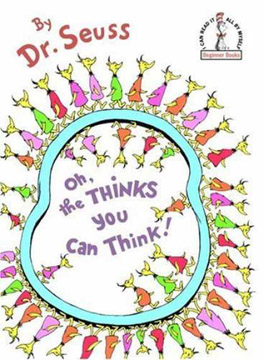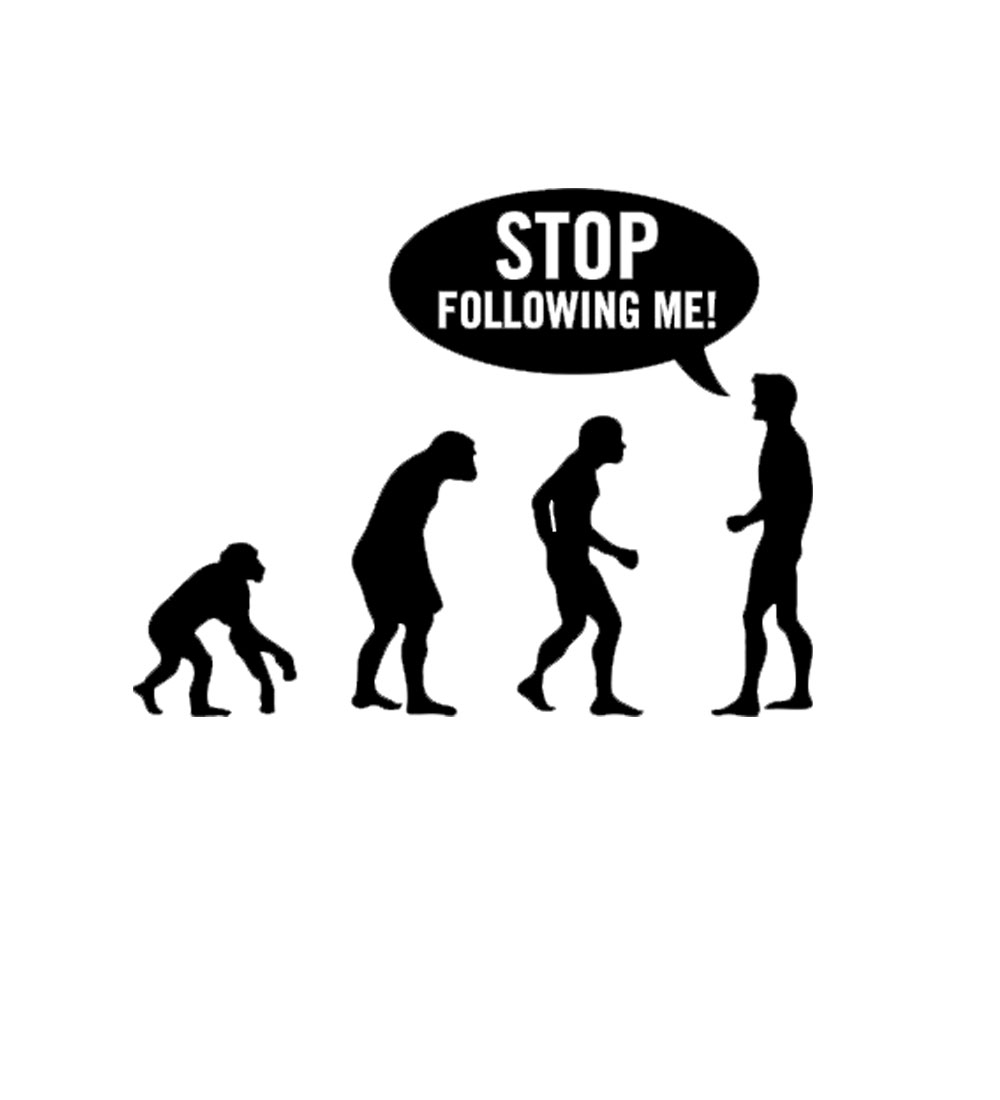There are some tasks our brains find hard. We cannot remember long numbers or calculate square roots and we learn information at such a low rate, it takes a lifetime to fill up our hard drive/brain.
We are fooled by simple magic tricks, our memories can change and we constantly lie to ourselves in order to avoid cognitive dissonance.
Yes, we are pretty awful, and it’s pretty amazing we manage to get through the day. The reason we do is that our brains were not designed to remember long numbers or to calculate square roots, we were designed to …get through the day.
Thus it’s no surprise that we can spot tigers hiding in the shrubbery, and judge someone’s intent from the curl in the corner of their mouth – things computers can’t even dream of!
Amazing Things the Brain Can Do
There are some really remarkable abilities the evolutionary arms race has given us. Consider for a moment how hard it is to teach these skills to a computer:
- Facial recognition (from any angle!) – and similar advanced pattern recognition
- Theory of mind – our ability to realize that others have motives and intentions and the ability to guess them reasonably well
- Inventiveness – our ability to make connections from disparate fields
Much has been said about these skills, and in particular, much value has been placed on theories about our inventiveness – if only we can understand how we invent, we can unleash a torrent of innovation!
The ideas usually run something like this: the human mind is so highly integrated that many concepts are forced to overlay one another so connections are inevitable – while others suggest the mind reviews new learning each night during sleep and tries to spot patterns, suggesting our innovative spark is really just our pattern recognition skill in disguise [1].
While I suspect there is truth to both theories, there is probably more to it than that…
Another Amazing Skill Often Overlooked
Now – if you have ever caught a child being naughty, you may have been lucky enough to see another remarkable human talent…
Lying.
Lying is tricky. Lying requires amazing computation – it needs theory of mind, it requires creativity, and does its invention under pressure.
Lying requires creating an entire alternate reality that fits the evidence but makes you look innocent of all crimes! It’s so hard that young kids don’t always get it quite right, but at some point most of us master the art. Our brains can also be switched to this mode of inventive overdrive in another way: when we attempt to explain incomplete data.
The most common opportunity to fit a narrative to incomplete data is when we recall faded memories – it turns out many of us can bring out our internal Dr. Seuss when recounting our roles in past events.
And because we all like to think of ourselves as pretty darn awesome, our memories cannot contain any information that could contradict this most evident truth. Thus when we recall situations when we did something downright shameful, our brains become positively electrified and we will magic up perfectly good reasons for what we did out of thin air.
Almost everyone can do it. However, if you ask us to write a short bit of utter fiction, our ability instantly vanishes.
Leveraging Brain Power
So the question is this… how can we tap into these remarkable abilities? Do creative people already do it?
I, for one am going to try!
————————————————-




